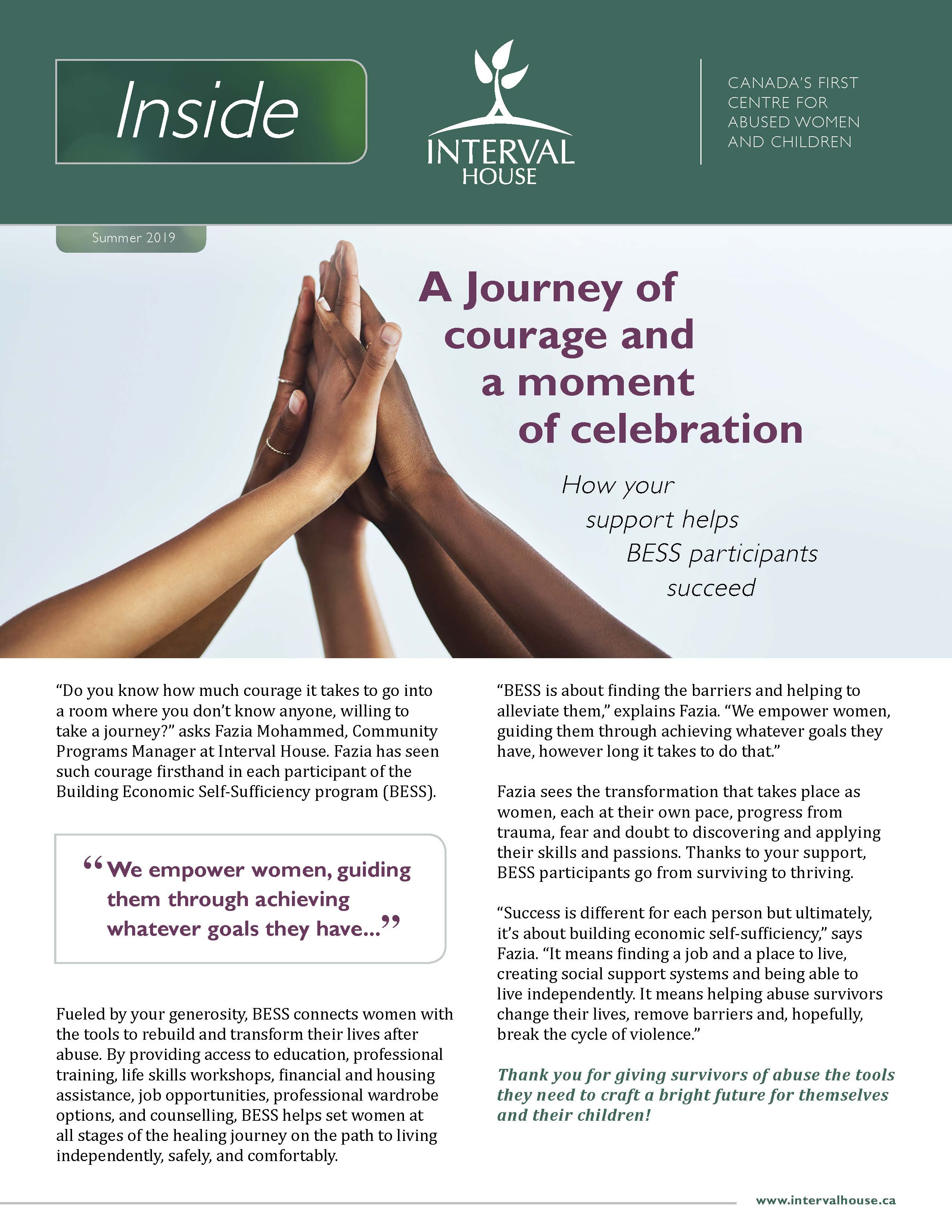
Abuse doesn’t just affect the people directly involved. When someone you love and care about is being abused, it can leave you feeling angry, scared, and helpless. Victims of abuse often need the help and the support of others to break the cycle of violence. But it’s more complicated than just telling them to leave. Here are 5 ways to support someone experiencing abuse.
1. Talk
Let your friend know that you are concerned for their safety and well-being. Remember, there are many different types of abuse and a lot of people may not recognize that they are in an abusive relationship, especially if physical violence is absent. Remember to be gentle. Don’t force the issue—someone experiencing abuse can still feel a lot of love towards their abuser. Make sure that your loved one knows that they can talk to you and that you are there to support them, no matter what. If you are judgemental or take a “tough love” approach, this can feel like more abuse and control for a victim, causing them to seek comfort with their abuser. Be a safe place for your loved one.
2. Reassure
Tell your loved one that you believe them and stress that it is not their fault. Nobody deserves to be abused or to be made to feel unsafe in their own home. Many people experiencing abuse don’t feel ready to physically leave the relationship and cut off ties with their abuser. In fact, violence can escalate when the victim tries to leave the abuser. Be sure to emphasize that your friend’s safety and that of any children or pets involved is most important. Remind your friend not to confront the abusive partner but instead to safely plan an exit strategy. If your friend is not ready to leave, reinforce that that’s okay and that you are still here and do not judge their decision.
3. Be there
There are so many ways you can be there for someone who is experiencing abuse. You can offer a safe place to stay. You can offer child care while your friend accesses other resources, like a social worker or medical professional. You can store some of your friend’s belongings, in case they need to get out of their house with short notice. These items could include photocopies of passports, citizenship papers, driver’s license, banking information. It could also include a change of clothes and some cash for emergencies.
4. Give information
Remember, knowledge is power. This could include telling your friend experiencing abuse about resources available like Interval House, or the Assaulted Women’s Helpline. It’s also important to reinforce security measures when researching resources, to ensure the abusive partner doesn’t catch wise by checking internet browser history or your friend’s phone. Suggest that your friend access information on public computers or use an incognito window that won’t save browsing history.
5. Make an emergency plan
Be honest with your loved one that abuse can escalate, and it can escalate fast. You can agree on a code word or code message that can be texted to you to indicate your friend needs you to get help. Stress that if your friend is in immediate danger they should call 911. It may feel like an overreaction, but better safe than sorry! It’s always an option to call emergency services and leave the phone off the hook to discreetly alert the police without an abuser knowing. Maybe your friend doesn’t want to phone the police because their partner has a criminal history—remember they may still care about their partner and want to protect them. It’s good to remember at times like these that you can always call the Assaulted Women’s Helpline or Interval House crisis line.
DON’T FORGET TO KEEP YOURSELF SAFE
Helping someone in an abusive relationship can be emotionally, mentally, and physically draining. Don’t be afraid to reach out for your own support and take care of yourself in the process. And no matter how badly you want to help your friend or family member, your safety should be kept a priority. Don’t get in the middle of an assault and in an emergency call 911.
Interval House 24/7 Crisis Line: 1-888-293-5516
Assaulted Women’s Helpline: 1-866-863-7868



